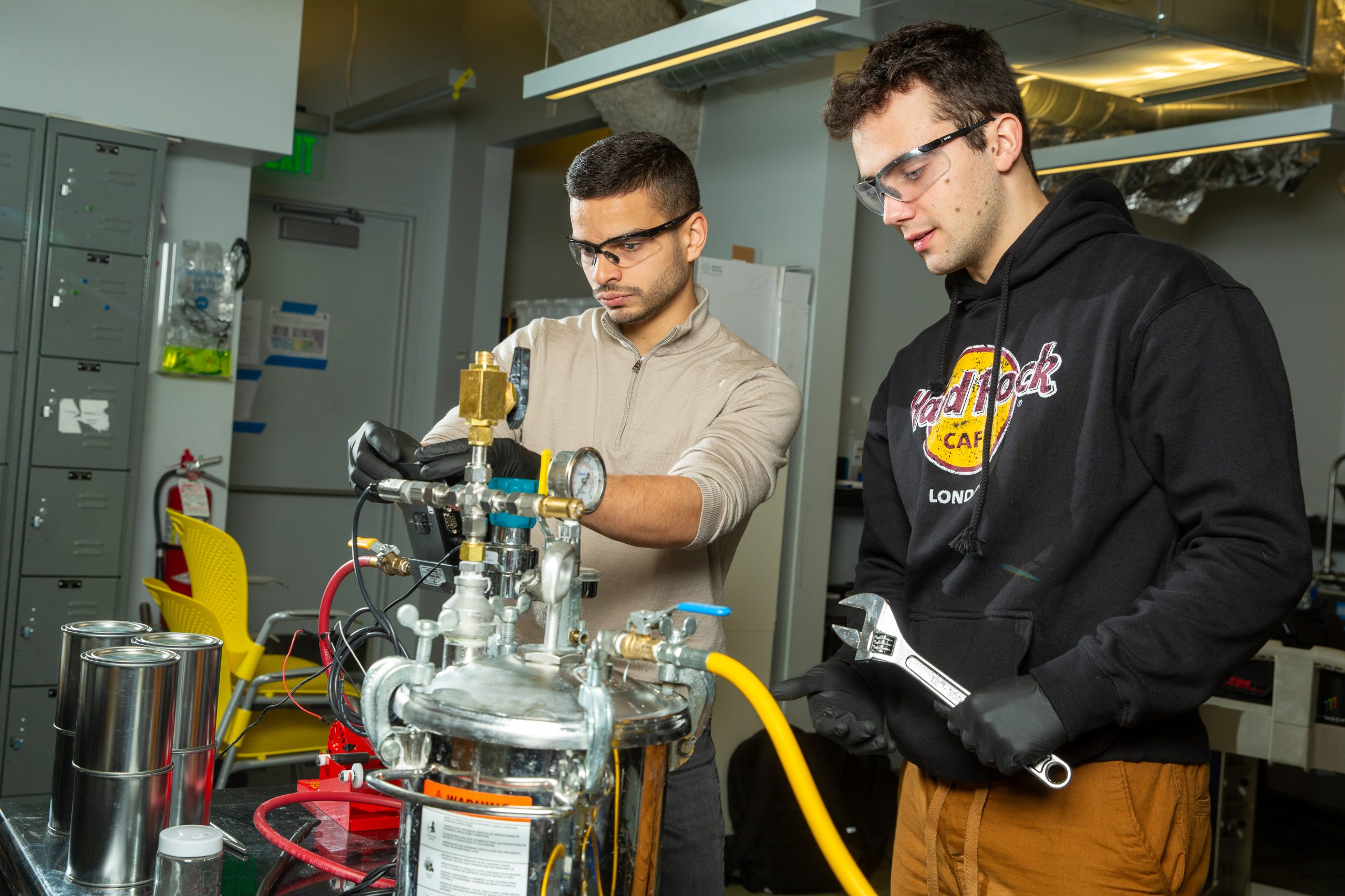A new clinical trial has found that curcumin—the powerful anti-inflammatory molecule in turmeric that gives it its yellow color—can reduce pain and improve physical function in people with osteoarthritis of the knee.
Curcumin (kur-kyoo-min) has been the focus of great attention recently due to its powerful antioxidant effects, with recent and ongoing clinical trials testing its potential to treat or prevent a whole host of health issues from Alzheimer’s disease to dermatitis to irritable bowel and many forms of cancer. This study is the latest of many showing that curcumin can help to manage symptoms of osteoarthritis—a condition that affects an estimated 27 million Americans. It compared osteoarthritis patients given either a curcumin supplement (1500 mg/day divided into three 500-mg doses) or a placebo for 6 weeks.
The study was double-blinded, meaning that neither the patients nor the doctors administering the drug knew who was given curcumin and who was given a placebo. All the study participants were assessed using standard indexes of arthritis severity, and after 6 weeks, those who had been taking curcumin had markedly lower severity scores—specifically related to the intensity of pain and limitations in physical function that the patients experienced.
This latest evidence adds to a growing body of knowledge on how curcumin can help people with arthritis—previous studies have shown that curcumin is as effective as ibuprofen for managing pain but with a lower risk of side effects, and have identified many of the molecules that curcumin regulates in order to change cellular behavior in arthritis-affected joints.












